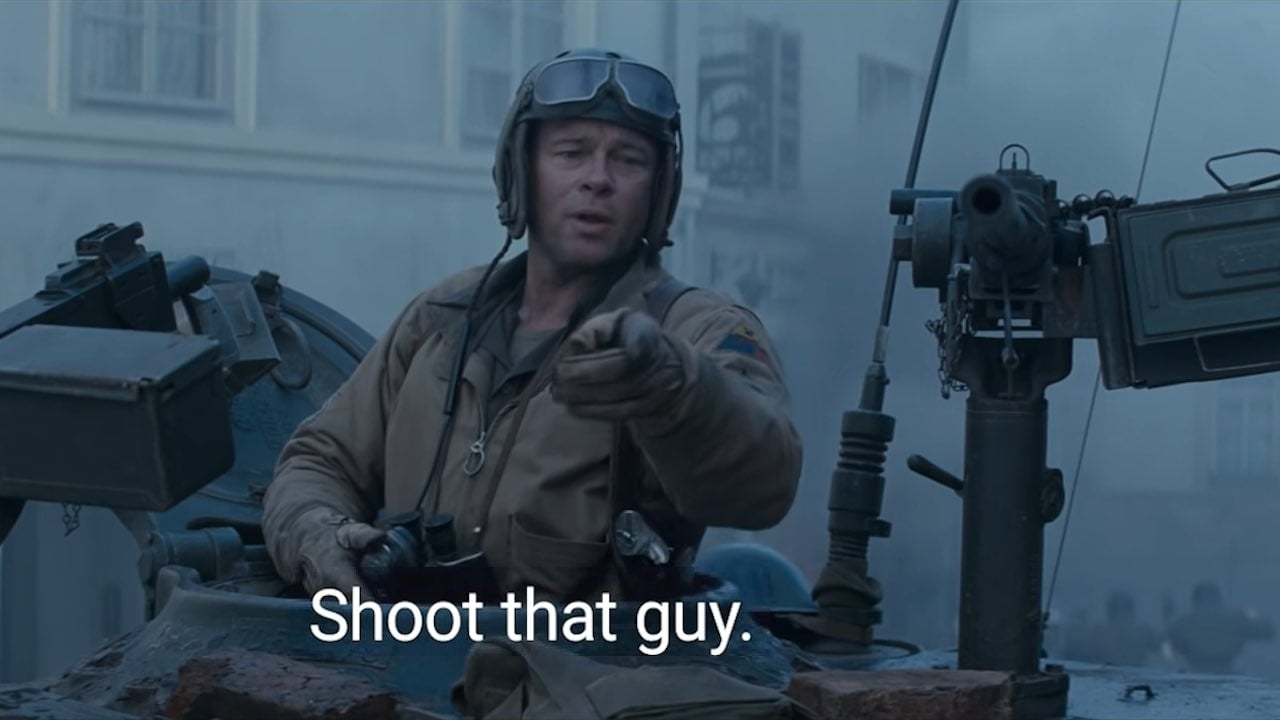I don’t really know how to structure this question, but yeah, why is always Naval and never Aviation?
Aviation and marine vehicles are both flying, just in different fluids.
A notable exception is the Stargate franchise, where Earth’s spacecraft are largely run by the US Air Force.
Also ExFor series where the UN’s only starship is run by the US Army. But that’s more… a consequence of events that lead an infantry soldier to inexplicably be in command of a starship. He even mentions how unusual the whole situation is, and to be in command over actual UN Navy officers. But he remains in command through being the only experienced skipper of a space warship in all of humanity regardless of being in the Army.
He also muses that starships wouldn’t be best to be crewed by blue water navy forces, but rather submariners because they too cannot go above deck and are accustomed to long deployments in a tube. A lot of space warfare in that series is sensor evasion and standoff engagements, also like subs.
Haha also has funny lines like “I tossed the ball against the wall. I guess I should call it a bulkhead but I’m in the Army and we call them walls”
It also makes sense to not focus on the naval aspects of space flight when you almost never actually fly through space, and almost all your potential theaters of war share a common border (the stargate).
True, but it’s only because the Stargate program is an Air Force program
Why does it matter why?
Because it explains why I guess. It’s the Air Force who has the space ships because those were possible only thanks to the Stargate program which was run by Air Force for around 6 years I think before Earth got it’s first spaceship (if you don’t count the goa’uld glider with Air Force decals slapped on it)
deleted by creator
The purpose of Air Force is to monitor the skies, project power at a distance, and provide air superiority.
The purpose of Navy is to put a floating fortress off your shore and bombard your cities, carry around materiel, men, and aircraft, and patrol a vast volume of ocean.
So Navy structures fit the mission better, and this has been true since early SF.
They’re called “spaceships”
My theory is that they’re called ships cos if you switch off the engine, it’ll stop and just sit there
I have it on good authority that this does not happen with aeroplanes
Doesn’t happen with spacecraft either, despite what Hollywood often depicts. In order to ‘stop’ in space, you actually have to generate thrust. The scary thing that can happen if you lose your engine in space isn’t getting stuck in one place, it’s smashing into your destination at full speed.
The really scary thing if you lose your engine in space is that you might not smash into anything for a very very long time and die a slow death when you run out of air, water or food.
Here is an alternative Piped link(s):
oh cruel fate, to be thusly boned.
Piped is a privacy-respecting open-source alternative frontend to YouTube.
I’m open-source; check me out at GitHub.
Well, start a garden in the weapons bay and everyone better get to work on the next generation of crew then.
I gotta imagine that each planet in a sci fi setting would have its oen airforce, where as the compasion of space to a vast ocean makes sense for the organization tasked with patroling it.
I’ll agree with the other posters that being on a spaceship maps better to being on a ship than it does being in an airplane, but I would add to it one other maybe overlooked factor: Robert Heinlein served in the navy and clearly had a massive hard-on for it and included all sorts of pro-war and pro-military themes in his work, and that all came from the POV of the navy and included lots of specifically naval elements to what was presented, and he was a big enough presence in the field that it left a mark that lasts to the present day.
Because space is an ocean.
Seriously mate, you didn’t warn about the TVTropes link? Some of us need to go to bed!
I was a good two hours on that bloody site, yawning my head off but unable to look away.
Removed by mod
The most crewed aircraft doesn’t even have the crew size of a British sloop!
Space is an ocean. That’s why there’s space whales.
It’s a ship. You use ship terms.
More specifically because travel in space is nearer travel underwater like a sub than flying in a plane.
Because people don’t live in an airplane together for long periods of time. Pilots in sci fi are often aviation themed, but captains are naval because spaceships beyond our current level are closer to battleships, cruise ships, or aircraft carriers than fighter jets or passenger liners.
“Why do they use” is a question. “Why they use” is an explanation.
Downvote all you like, I’m gonna keep correcting people who make this mistake.
I believe you mean, “Even if you, ‘down-vote,’ my comment, I shall continue to correct people who have made that mistake.”
I meant exactly what I said, and it is grammatically-correct casual English. Unlike ‘why in sci-fi they use Navy ranks?’ Or any of the hundred other ‘how to fix problem?’ examples I’ve seen, over the last decade.
This is a growing error and I am doing the bare minimum to help people stop making it. I’d understand if you find it overly prescriptivist. I’d understand if my phrasing was somehow impolite or unhelpful. But I have nothing kind to say about people mocking the effort.
Don’t you know? Correcting someone’s grammar or spelling is ableist and you have to just try to understand the fountain of garbage that people spew or you’re literally Hitler.
I feel like especially in titles space is at a premium so omitting words that aren’t actually needed to avoid ambiguity in the given context is fine
When the missing word is do, I am unmoved by concerns about space.
spaceSHIP
I wonder if it has much to do with the USAF being a relatively new service with a proportional cultural impact, coming into being as a service in 1947. Up until then, combat aviation was subordinate to the Army and Marines. This would point to a preponderance of Army/Navy WWII vets among the show’s consultants and audience.


















